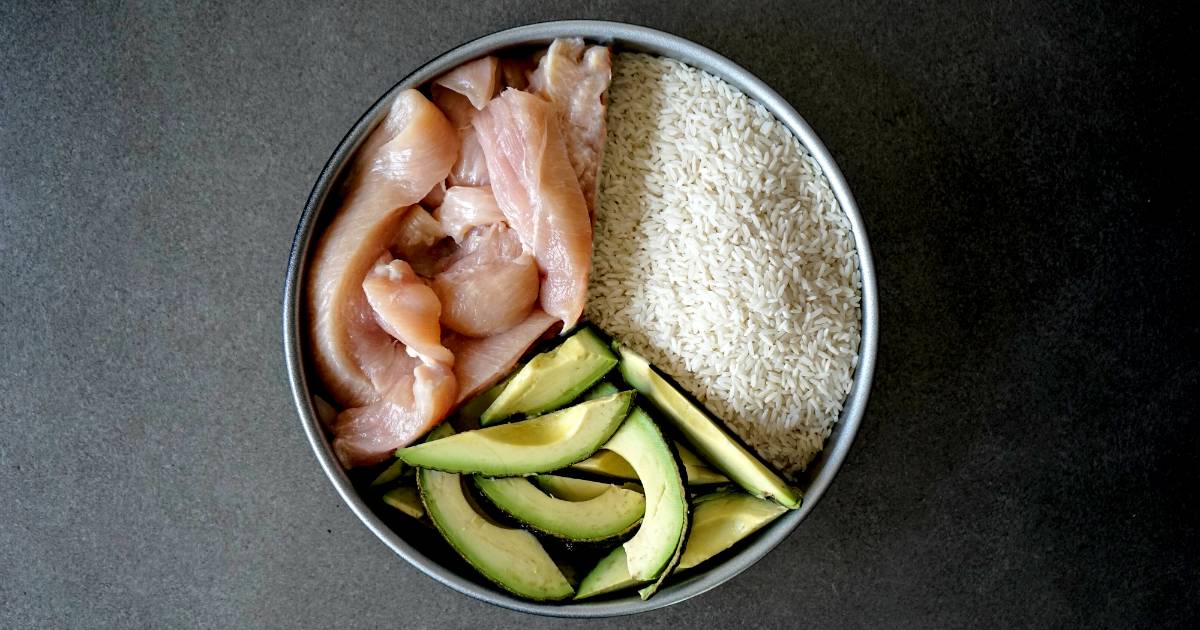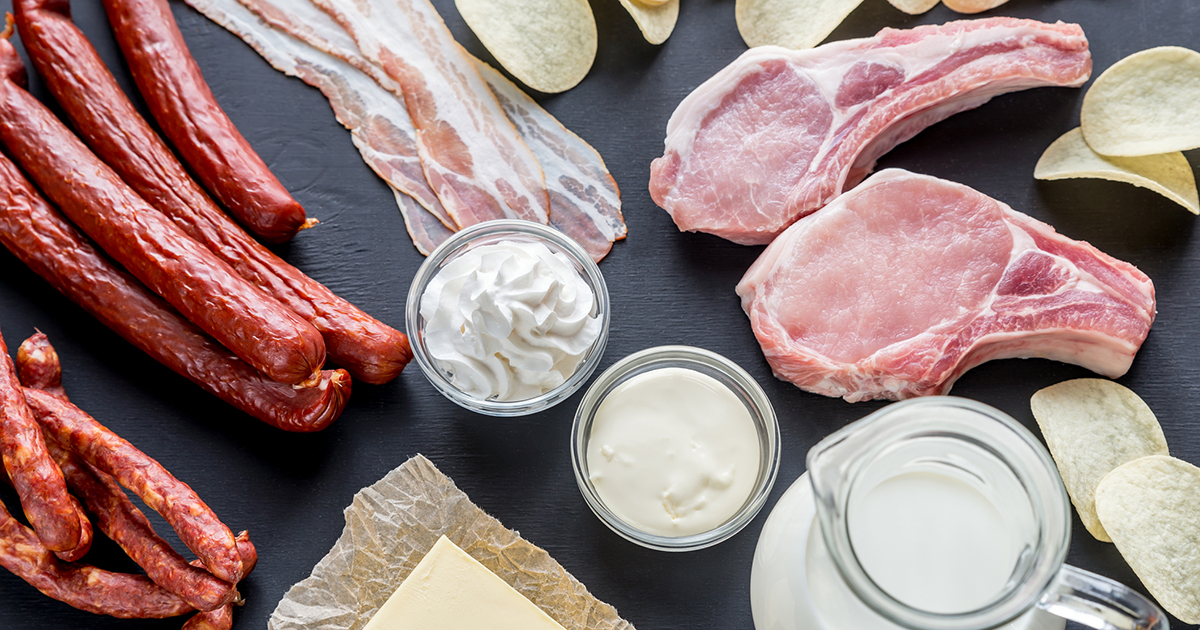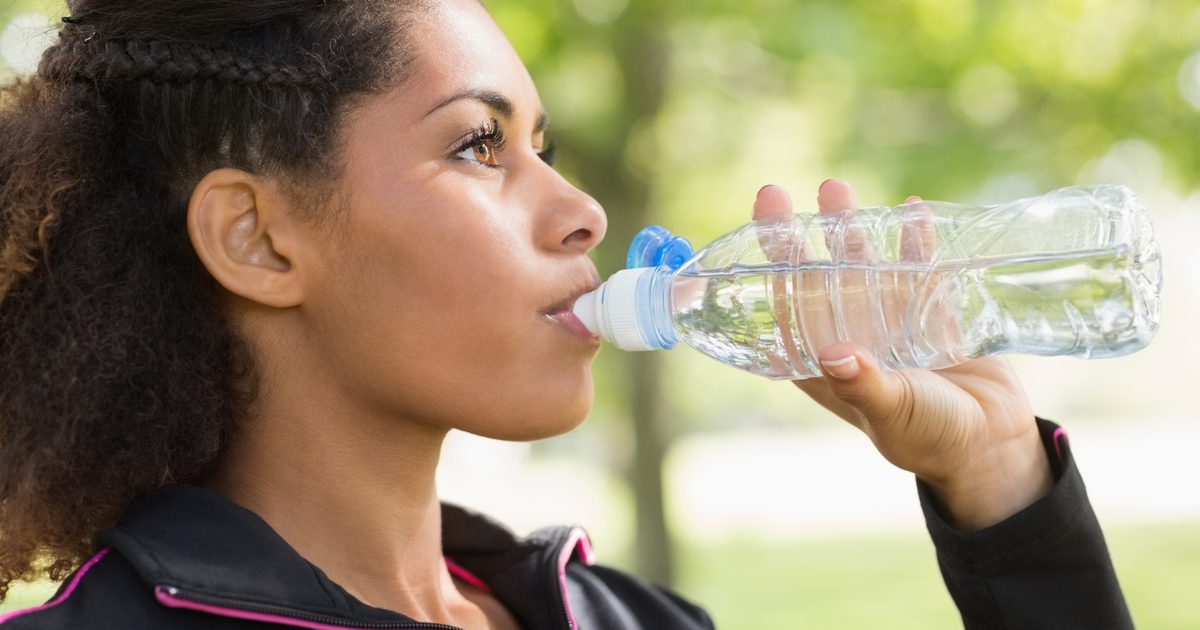Key Ketogenic Diet Mistakes To Avoid
The ketogenic diet is a popular diet that restricts an individual's carbohydrate intake while increasing their fat intake to aid in weight loss. Studies also indicate the keto diet is also beneficial in lowering cholesterol, suppressing appetite, and lowering blood sugar in type II diabetes patients. Proponents of the diet not only boast about the positive health improvements but about the fact it is less restrictive than other diets because it allows dieters to consume meat and dairy products. While the diet boasts positive results, it can be hard for newbies to understand and overcome its challenges.
For those looking to start the ketogenic diet here are some key ketogenic diet mistakes to avoid.
Not Meal Planning Regularly

Meal planning can really be a major benefit while on the ketogenic diet. Preparing what meals will be eaten throughout the week, days in advance, not only saves on time but it saves brain power in regards to thinking about what will be eaten for dinner every day. This can be especially helpful during the early days of the keto diet when energy levels may be low and the urge to consume carbs may be heightened. Not meal planning regularly can make the ketogenic diet difficult for a variety of reasons. Most notably it can make it easier to give in to cravings when keto-friendly food is not readily available. Meal planning helps individuals stay on track and gives them less of an 'out' to eat food that is restricted on the diet.
Learn more about the key ketogenic diet mistakes to avoid making now.
Not Tracking Macronutrients Regularly

Macronutrient consists of fats, protein, and carbohydrates and while on the ketogenic diet it is important to keep track of each in order to enter and maintain ketosis. Not tracking macronutrients regularly can result in an overabundance of the aforementioned resulting in elevated glucose and an exit from the state of ketosis. Most individuals on the keto diet will consume their calories as follows: seventy-five percent fat, twenty percent protein, and less than five percent carbohydrates. While these guidelines may cover most individuals, some may need to adjust their intake of macronutrients depending on their level of physical activity, body type, and specific weight loss goals.
Keep reading to reveal more keto diet mistakes to avoid making now.
Eating Too Much Protein

One of the major benefits of the ketogenic diet is it doesn't bar individuals from eating protein. That being said, eating too much protein while on this diet can have negative effects. Most notably, eating too much protein can create a barrier for individuals to enter into and maintain ketosis. This is due to the fact consuming protein in excess will result in the extra protein being turned into glucose, which the body will use for energy instead of its fat reserves. Consuming protein in excess also taxes the kidneys and can have detrimental effects for individuals already suffering from kidney issues. It is important to keep track of the amount of protein consumed along with the number of carbohydrates to make sure it is in line with dietary needs.
Get the details on the next ketogenic diet mistake to avoid making now.
Eating Too Much Saturated Fat

One of the key components of the ketogenic diet is the fact it is a high-fat diet. However, it is important to keep in mind the type of fats that should be consumed. Consuming healthy monounsaturated and polyunsaturated fats are encouraged, meaning it's okay to consume lots of nuts and fish. Eating too much saturated fat, however, which is contained in foods like meat and dairy products, should be limited due to the fact this fat can increase cholesterol levels, leading to heart disease. Many foods contain both saturated and unsaturated fats, and it is very difficult to completely avoid eating saturated fats. Instead, individuals on the ketogenic diet should make sure foods with saturated fat are just a small portion of the foods they consume daily.
Discover more ketogenic diet mistakes to avoid now.
Not Drinking Enough Water

Not drinking enough water is one of the most common mistakes individuals on the ketogenic diet make. Carbohydrates tend to aid the body in water retention and therefore carbohydrate restriction can cause the body to become dehydrated. In fact, studies indicate outside of the carb restriction many of the symptoms experienced during the dreaded 'keto flu' can be attributed to dehydration, including decreased focus, headaches, and overall malaise. Individuals who are following the ketogenic diet but not drinking enough water may find their weight loss stalls. This is because water helps increase metabolism and burn calories. How much water individuals need to drink will vary from person to person, but studies indicate drinking eight ounces of water eight times per day is the general guide to keep the body hydrated and operating at its optimal level. Individuals may need to drink more water per day depending on their activity level.
